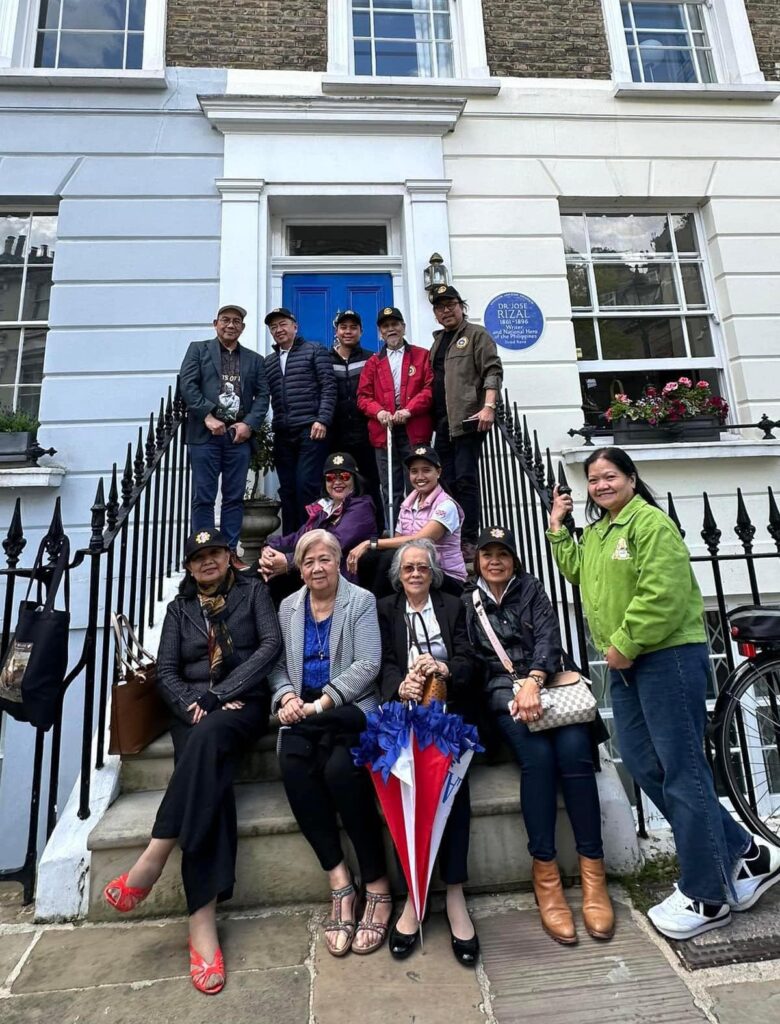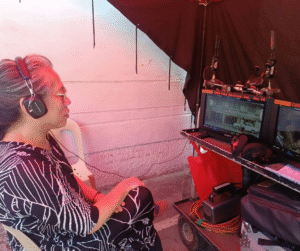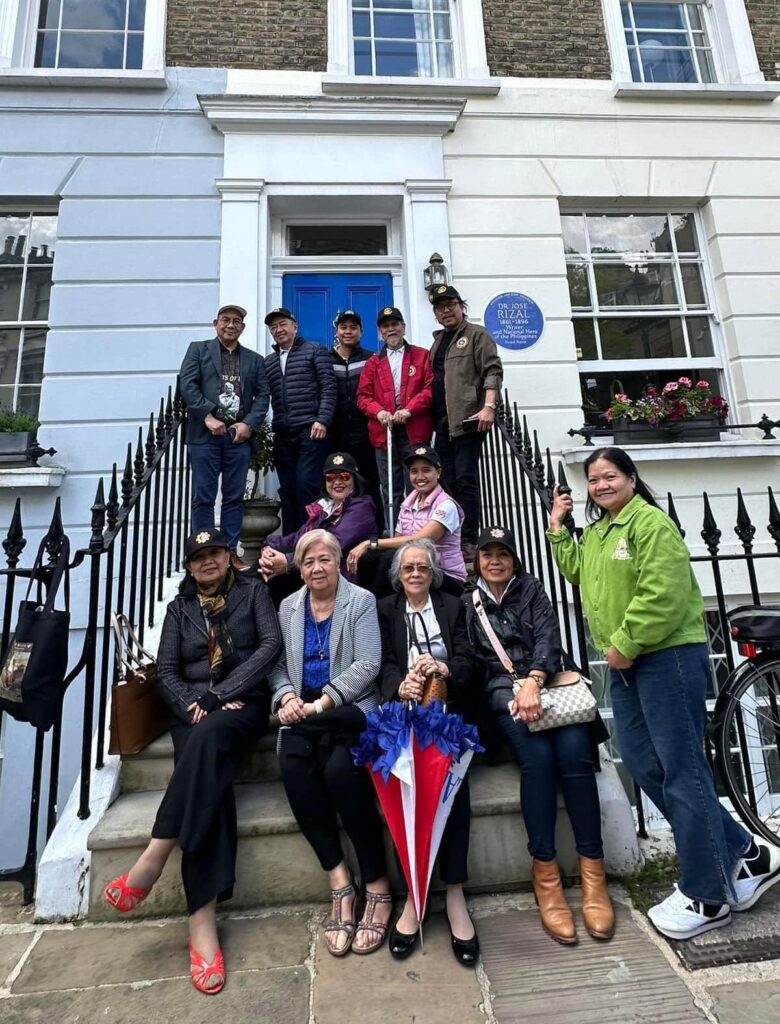
By Junart Kim Nieva
Today marks the 133rd anniversary of La Liga Filipina, a peaceful reformist movement founded by José Rizal, considered as the national hero of the Philippines. Despite Rizal’s non-violent efforts to unite the country through La Liga, Spanish authorities arrested and exiled him to Dapitan. Four years later, in 1896, Rizal was executed — his death becoming a catalyst for the Philippine Revolution. As we remember this moment, I am drawn to reflect on Rizal’s life, especially his time in Britain. This period feels particularly meaningful for me, not just as a Filipino, but as a member of the diaspora living in the same city where he once walked, studied, and dreamed.
A Filipino scholar in London
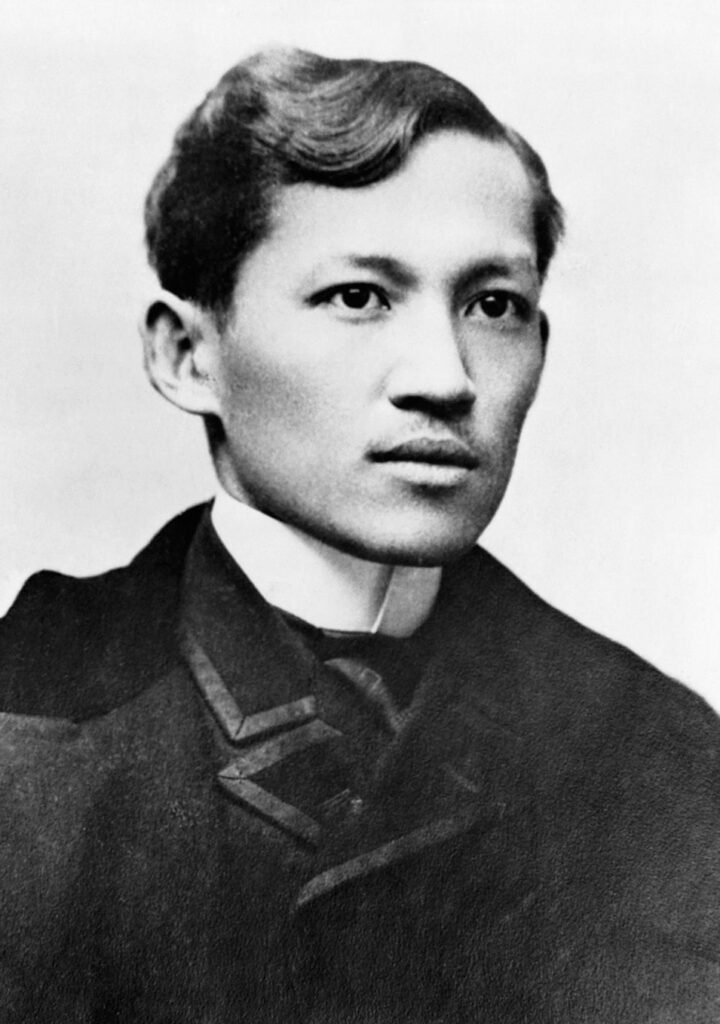
On May 24, 1888, Rizal first set foot in the United Kingdom, arriving in the port city of Liverpool after a long voyage from New York aboard the SS City of Rome. From Liverpool, he traveled to London, where he spent several months immersed in study and reflection. Rizal stayed with the Beckett family at 37 Chalcot Crescent near Primrose Hill, a quiet street not too far from the famous Regent’s Park and Camden Market. A blue plaque now marks the site in his honour. While this may be just another historical sign for many Londoners, for me, and hopefully for many other Filipinos, it’s a powerful reminder that despite being thousands of miles away from home, Rizal never stopped working for the betterment of his people.
There’s also a more personal side to this story. During his stay with the Beckett family, he formed a warm friendship with Gertrude “Gettie” Beckett. The young Gettie admired Rizal’s intellect and gentle manner. Our national hero, ever the gentleman, remained kind but distant. His heart, after all, was committed to a greater love – his country. In many ways, it’s that quiet sacrifice, that deliberate distance from comfort and romance, that speaks to the core of Rizal’s nobility.
I have visited this location many times and still remember the feeling of standing outside the very house where Rizal once lived. I could almost picture him at his desk, surrounded by books and papers as he thought of the Philippines. Rizal’s former address is now privately owned, but it is worth visiting. The closest underground station is Chalk Farm, on the Northern Line. A few blocks away, the quiet beauty of Primrose Hill Park offers a panoramic view of the city. It’s not hard to imagine Rizal strolling here on weekends, reflecting on his homeland. London, at that time, was teeming with ideas—of freedom, revolution, science, and literature. Rizal immersed himself in this intellectual atmosphere, which sharpened his voice as both a reformist and a nationalist.
Rewriting Philippine history at the British Museum
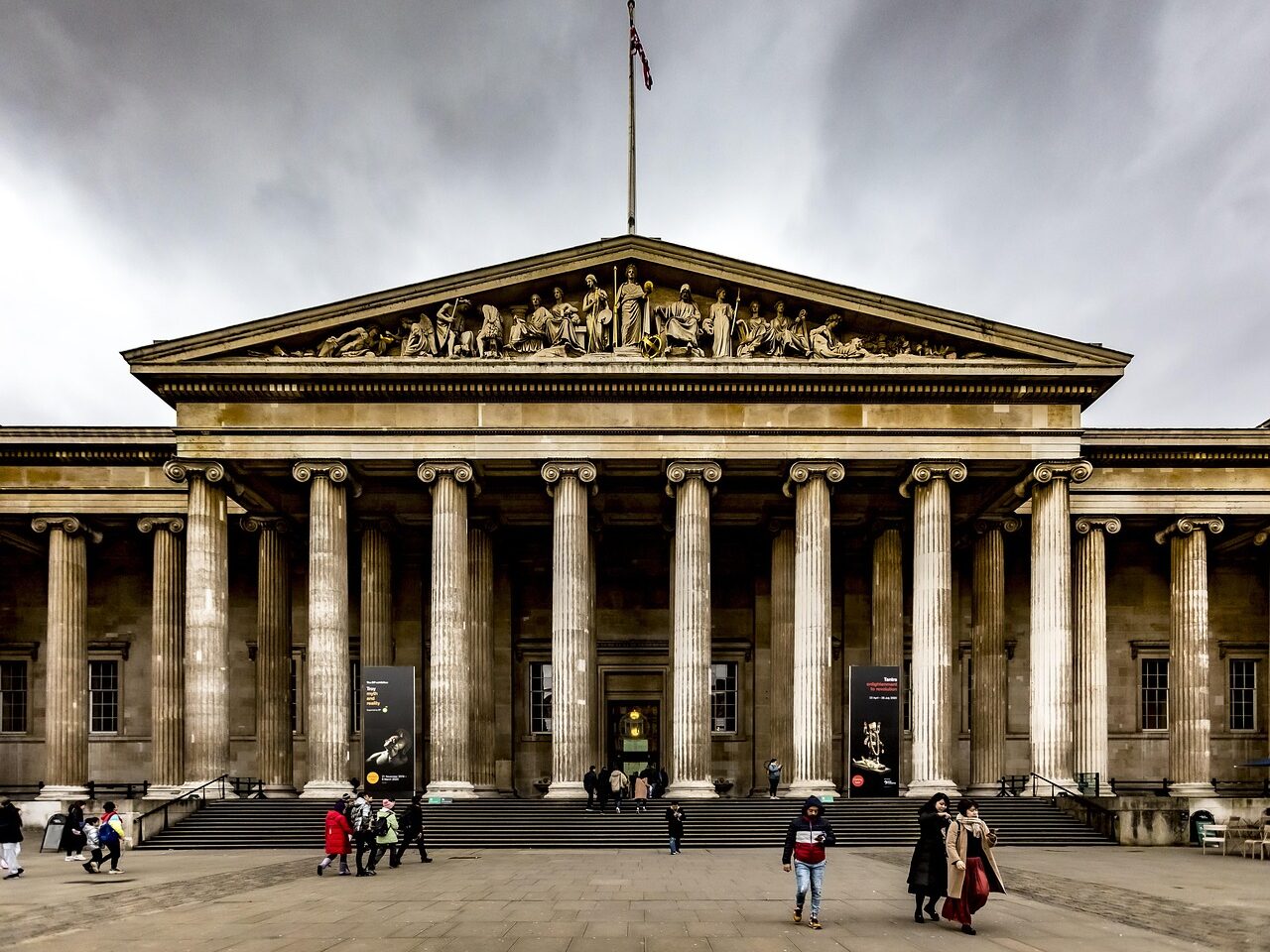
During his stay in the British capital, Rizal dedicated himself to research at the British Museum. There, he worked tirelessly to annotate Antonio de Morga’s “Sucesos de las Islas Filipinas,” a 17th-century chronicle of early Philippine society. It was there, under the guidance of his friend and mentor Dr. Reinhold Rost, that Rizal found the support he needed to access rare historical documents. Rizal’s annotations were not simply scholarly notes; they were acts of resistance. He challenged colonial distortions, reclaiming a history that was rich, dignified, and uniquely Filipino. He believed that by understanding our past, we could better shape our future. The fact that his name and London address exist in the museum archives is deeply moving.
A few years ago, during our Knights of Rizal European Regional Assembly, several members, along with family and friends, had the chance to see his actual signature in an old, preserved logbook at the British Library. The Knights of Rizal is an order of chivalry which aims to honour and uphold the ideals of Rizal. Seeing the logbook with Rizal’s signature makes his presence in the city feel not just symbolic, but tangible. Even amidst his research and other activities, Rizal continued to write letters and essays.
His “Letter to the Women of Malolos,” written during his stay in London, remains one of the most powerful statements on gender equality and education in our national literature. He also laid the groundwork for an international association of Filipino scholars — an ambitious idea far ahead of its time. Although it did not materialise, I am proud that today there are many organisations dedicated to the promotion of Philippine history, culture and arts, as well as fundraising activities for various charitable initiatives.
Rizal’s enduring inspiration
Today, as a Filipino living in the UK, I see Rizal’s story as more than a chapter in a textbook. I see it as a living reminder that we Filipinos carry a responsibility, too. His example challenges us to remain engaged, to speak for truth, and to contribute meaningfully to our communities, even when we are far from home. As a member of the prestigious Knights of Rizal, I find deep meaning in the fact that Rizal chose to undertake these activities here in Britain. At the time, London was a global center of free thought and constitutional democracy. Rizal admired the British system for its relative fairness and liberties — values he hoped to see one day reflected in the governance of our homeland.
As we remember Rizal’s founding of La Liga Filipina 133 years ago, I invite my fellow Filipinos, especially those living in the UK, to reflect on the life of a man who gave so much without asking for anything in return. Let us not only remember him as a hero of our history but as a fellow traveler who once walked the same roads as we do now, facing loneliness and adversity with courage and grace. Greatness doesn’t always come from grand gestures; sometimes it comes from a pen, a bench at the library, a rented room in a quiet neighborhood, or a letter written at night for a motherland far away.
Dr. Jose Rizal’s legacy in Britain is written in the lives of Filipinos who continue to uphold his ideals wherever they may be. May we continue to share his journey, not just as history, but as a living call to be curious, courageous, and committed to something larger than ourselves.
Mabuhay si Dr. Jose Rizal! Mabuhay ang Pilipinas!
About the author

Sir Junart Kim S. Nieva, KCR, is an active member of the Knights of Rizal – London Chapter UK. He is passionate about Philippine history, heritage and preservation, diaspora engagement and promoting the Rizalian values through education and cultural outreach. His interests include travelling, writing, community organising, charitable works and youth empowerment. He regularly participates in Filipino-British civic initiatives and events that strengthen Filipino identity. For inquiries and collaborations, or speaking engagements, he may be contacted at jks.nieva@gmail.com.

